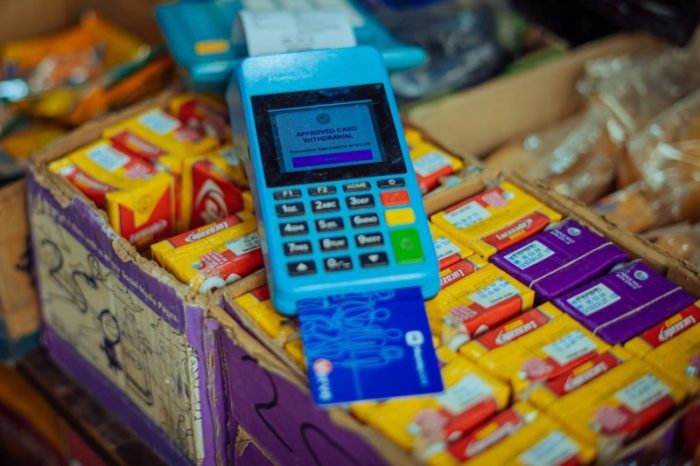
Do you know that the cashless policy of the Nigerian government is bringing so much change to how people access healthcare products (drugs) in Nigeria?
A Moniepoint report reveals that 45.39% of Nigerians now pay for medications digitally, with 80% of pharmacies adopting this method due to the 2023 cash crunch.
Rita from Rite Life Pharmacy says “customers would send money, show me a debit alert, and I’d be waiting for hours”.
Cashless transactions rose 45.41% year-on-year to ₦39.58 trillion in January 2023.

A recent Moniepoint report has revealed a significant shift in Nigeria’s medicine purchasing habits, with over 45.39 per cent of consumers now using digital payment methods exclusively.
Digital health in Nigeria will likely exceed $1.3 billion by 2025, giving pharmacies the opportunity to enhance customer relationships.
The pharmacy sector reflects this trend, where, notably, 80 per cent of pharmacies pay their suppliers digitally, marking a move towards cashless transactions in healthcare.
Reliable Digital Payment System For Drugs
This shift largely stems from the difficulties that cash transactions pose, particularly during the 2023 cash crunch crisis.
Consequently, pharmacists increasingly prefer electronic payment options like Point of Sale (POS) systems and bank transfers to streamline operations.
Read More; NDLEA Intensifies Drug Crackdown With Launch Of Marine Operations
Rita, a pharmacist at Rite Life Pharmacy, described the stress of that period.
“Customers would send money, show me a debit alert, but I’d be left waiting for hours,” she says.
According to data from the Nigeria Inter-Bank Settlement System (NIBSS), cashless transactions soared to over ₦600 trillion by the end of 2023, up from ₦395.38 trillion in 2022.
Furthermore, Moniepoint’s report says, “inside Nigeria’s Community Pharmacies,” found that only 7.69 per cent of customers prefer cash payments, while 45.39 per cent use digital methods.
The report highlights the potential for pharmacies to enhance customer relationships through reliable digital payment systems.
This is vital at a time where the digital health market in Nigeria is projected to exceed $1.3 billion by 2025.
However, establishing a pharmacy remains financially challenging, with most relying on personal savings.